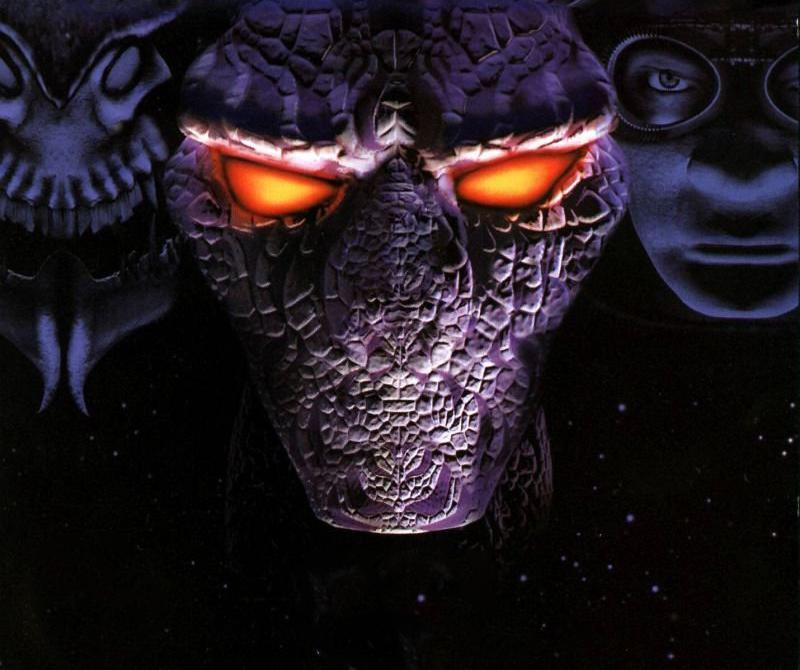Typing Games: The Surprising Comeback You Need to Know About

For decades, the keyboard has been the loyal workhorse of PC gaming, yet we've only asked it to do a fraction of its job. The W, A, S, and D keys have become a sacred quadrant, the home base for countless adventures. But a quiet revolution has been building, one that reclaims the entire keyboard as a controller. Typing games, once relegated to dusty computer labs and seen as educational afterthoughts, are experiencing a creative renaissance, fueled by wildly inventive developers who are blending genres in unexpected ways.
The result is a new breed of game that is challenging, thrilling, and proves that words-per-minute can be just as important as actions-per-minute.
From Classroom Drills to Keyboard Crusades
For many, the term "typing game" conjures images of programs like Mavis Beacon Teaches Typing or, for the more seasoned gamer, the cult-classic light-gun shooter hybrid, The Typing of the Dead. These titles were effective and often fun, but their primary goal was education or novelty. They were about training your fingers through repetition.
Today's movement is different. Developers are no longer asking, "How can we make typing practice fun?" Instead, they are asking, "How can typing be a core mechanic for an epic RPG, a terrifying horror game, or a frantic bullet-hell shooter?" This fundamental shift in perspective has unlocked a torrent of innovation, turning the keyboard from a simple input device into the very source of a player's power.
When Genres Collide: The New Typing Titans
The modern typing game is a master of disguise, borrowing the best elements from other genres and infusing them with a literary twist. This fusion has created experiences that are wholly unique and surprisingly deep.
- The RPG Adventure: Imagine a world made of paper, where your magic is literally spelled out. In games like Epistory - Typing Chronicles and its successor Nanotale, players explore vast, beautiful worlds, solve puzzles, and battle menacing foes. The twist? Every action, from activating a magical shrine to launching a fire spell, is performed by typing words that appear on screen. Combat becomes a frantic dance of speed and accuracy, where a long, complex word can unleash a devastating attack. It transforms the act of typing from a chore into a heroic act of spellcasting.
- The Bullet-Hell Exorcism: One of the most intense and original examples of the new wave is The Textorcist: The Story of Ray Bibbia. This game merges two seemingly incompatible genres: top-down bullet hell and typing. Players must type out Latin exorcisms to defeat demonic bosses while simultaneously using the arrow keys to dodge a dense screen of deadly projectiles. It's a masterclass in split-brain gameplay that is as punishing as it is rewarding, demanding both nimble fingers and unshakable focus.
- The Fourth-Wall Shattering Story: Some developers are using typing to create deeply personal and meta-narrative experiences. Outcore: Desktop Adventure is a prime example, a game that installs a mysterious girl named Lumi directly onto your computer's desktop. You interact with her by typing, but the game soon begins to cleverly integrate with your actual files and system, blurring the line between game and reality. It’s a compelling, sometimes unsettling, use of the format to tell a story that simply couldn't work in any other medium.
- The Rhythmic Duel: Taking cues from rhythm games, titles like God of Word challenge players to type in time with a beat to defeat mythological foes. Accuracy and timing are paramount, creating a hypnotic flow state where the clack of your keyboard becomes part of the game's soundtrack.
Why Now? The Resurgence of the Written Word
Several factors are contributing to this surprising trend. The accessibility of modern game development tools allows small, creative teams to experiment with unconventional ideas that larger studios might overlook. There's also a growing appetite among players for novel experiences that challenge them in new ways.
More importantly, an entire generation has grown up with keyboards as a native interface. Typing is no longer a specialized skill; it's second nature. For these players, a game that uses the entire keyboard isn't intimidating—it's intuitive. It leverages a skill they've been honing for years, making them feel instantly powerful and uniquely qualified for the challenge. This familiarity allows developers to build complex and demanding games, confident that their audience is ready for them.
The new wave of typing games proves that innovation can come from the most unexpected places. By rethinking our relationship with one of gaming's most fundamental tools, developers have turned the humble act of typing into a gateway for adventure, action, and powerful storytelling. The keyboard has over 100 keys, and it's finally time they all got to join the game.
Frequently Asked Questions
Are modern typing games good for improving my typing speed?Absolutely. While their primary goal is entertainment, the very nature of these games will naturally improve your speed and accuracy. The high-pressure scenarios in games like The Textorcist or the fast-paced combat in Epistory serve as an incredibly engaging way to practice.
Are these games only available on PC?For the most part, yes. Due to their reliance on a physical keyboard for the core gameplay mechanic, these games are almost exclusively found on PC platforms like Steam, GOG, and the Epic Games Store.
What is a good "starter" game for this new genre?Epistory - Typing Chronicles is often recommended as a great starting point. It features a dynamic difficulty that adjusts to your typing speed, a beautiful and engaging world to explore, and a more forgiving pace than some of the more intense "bullet hell" typing games.